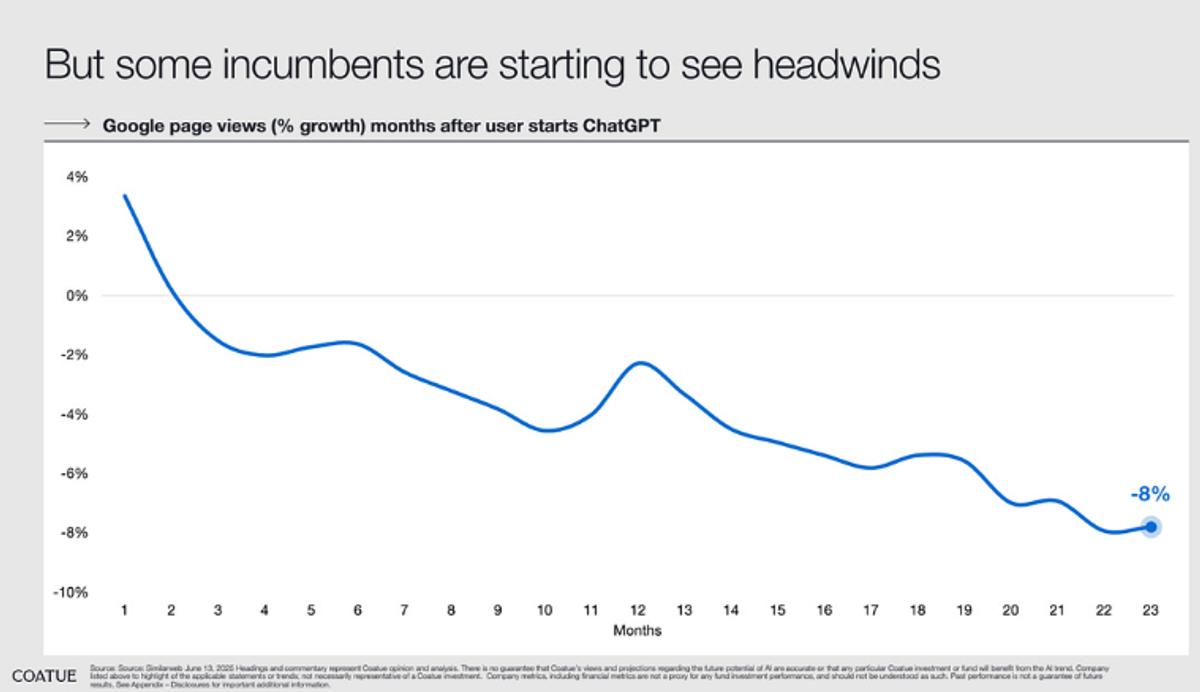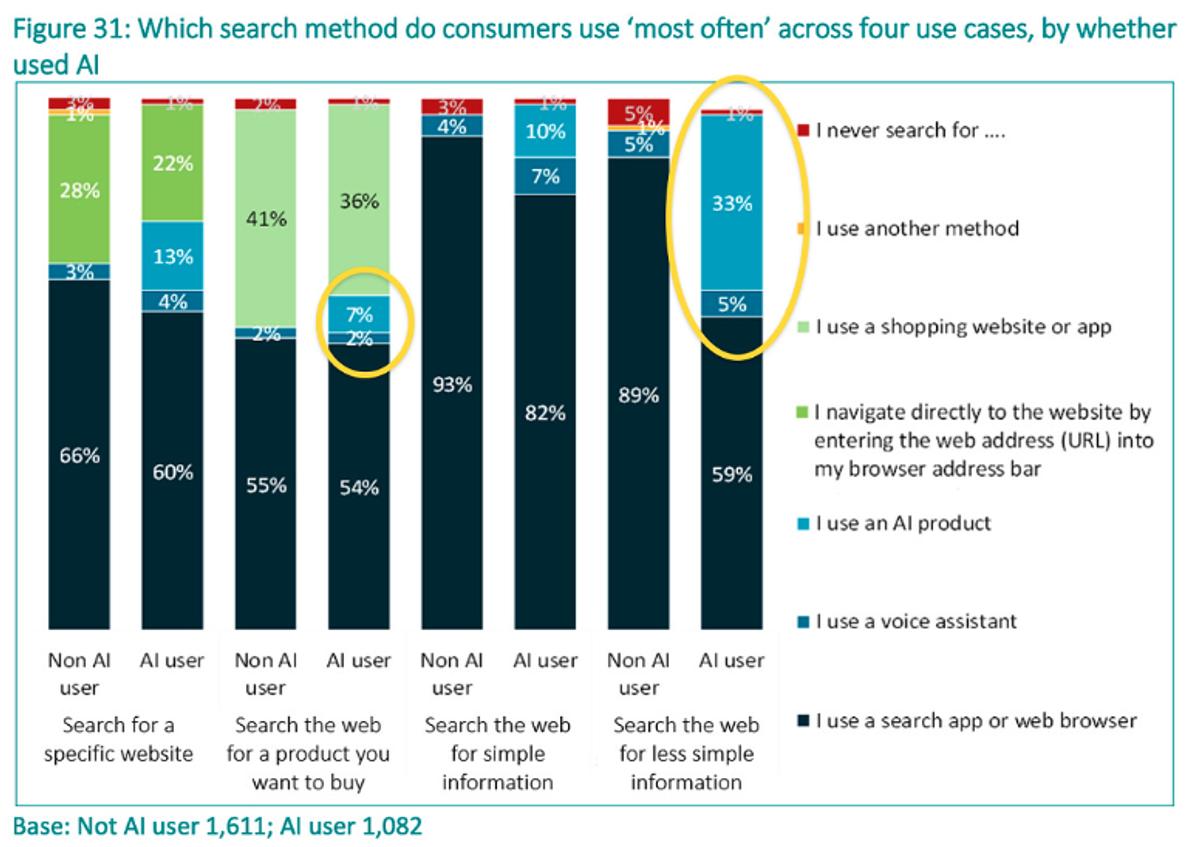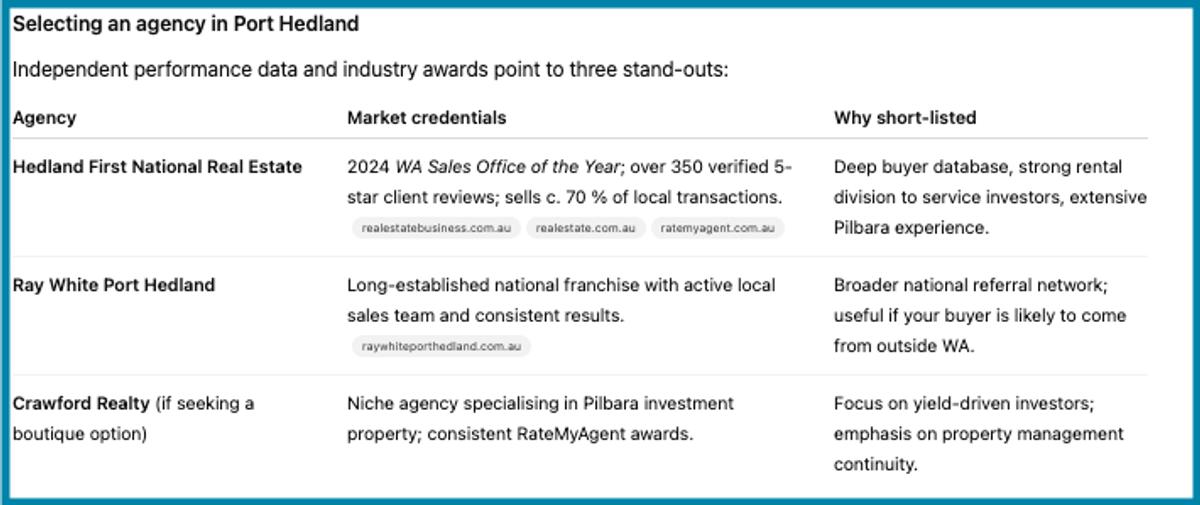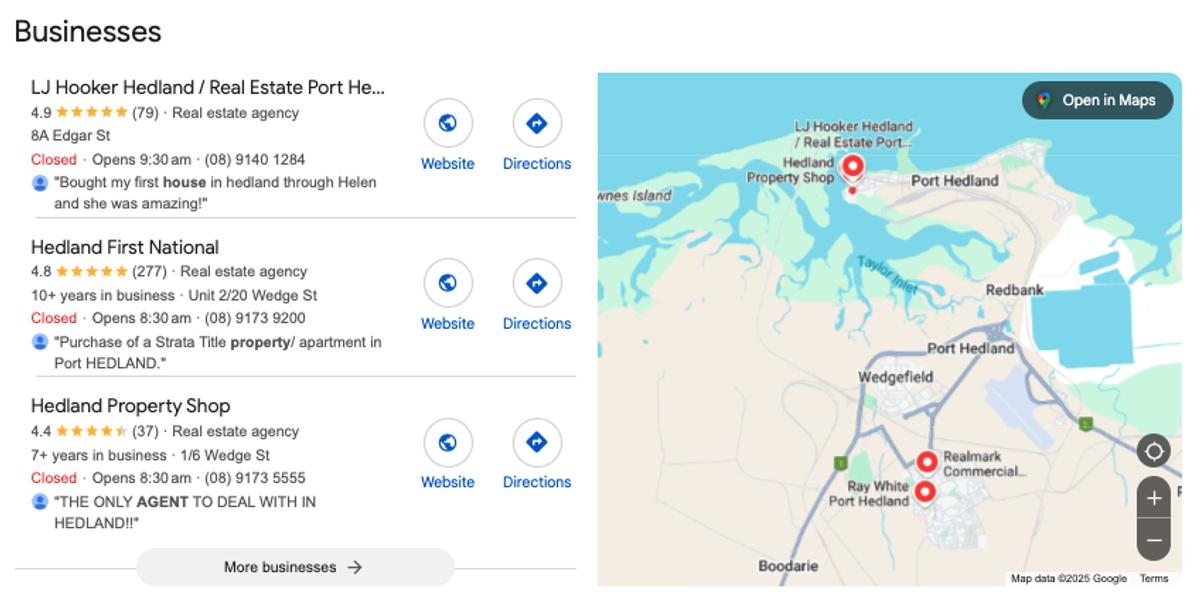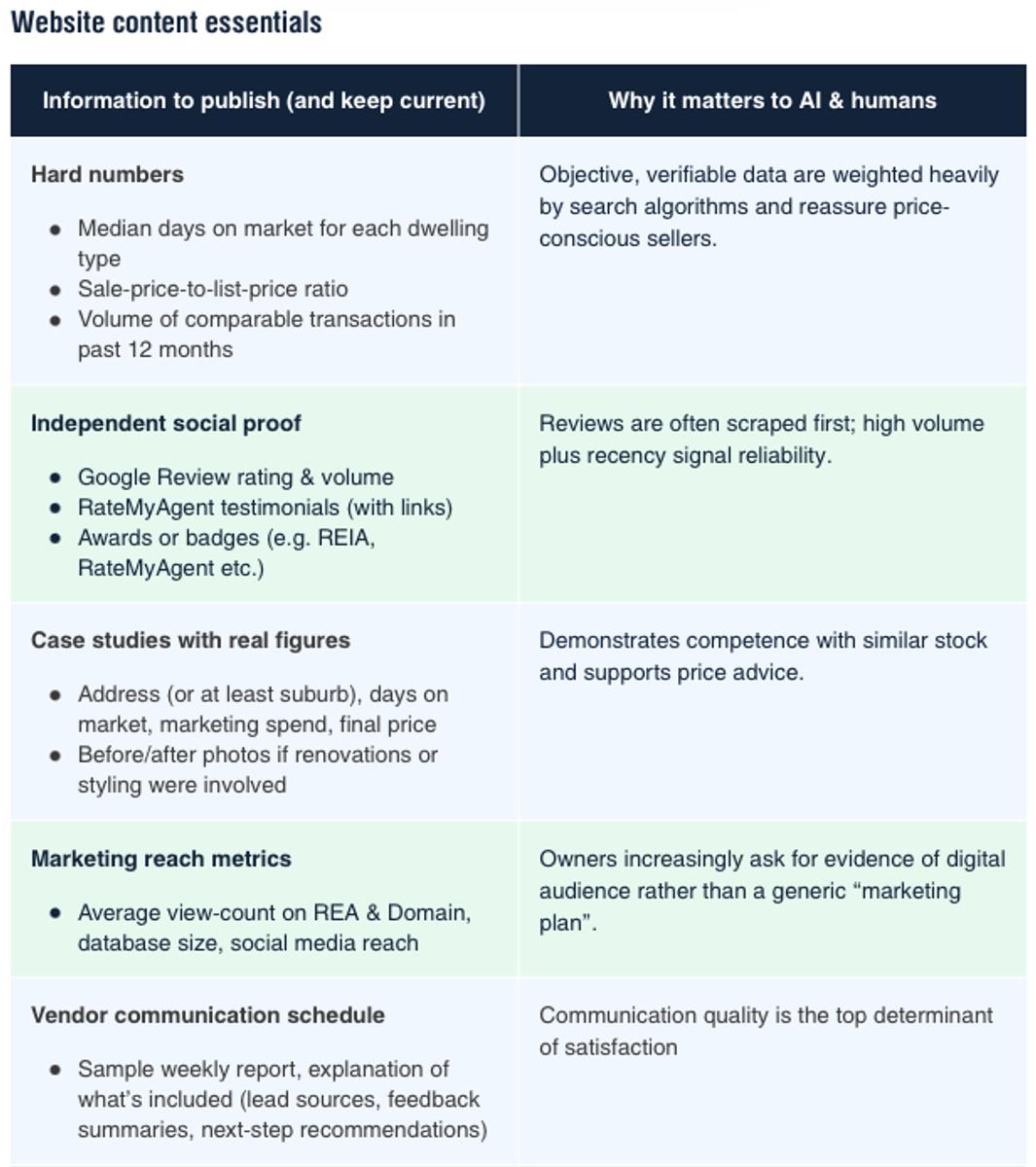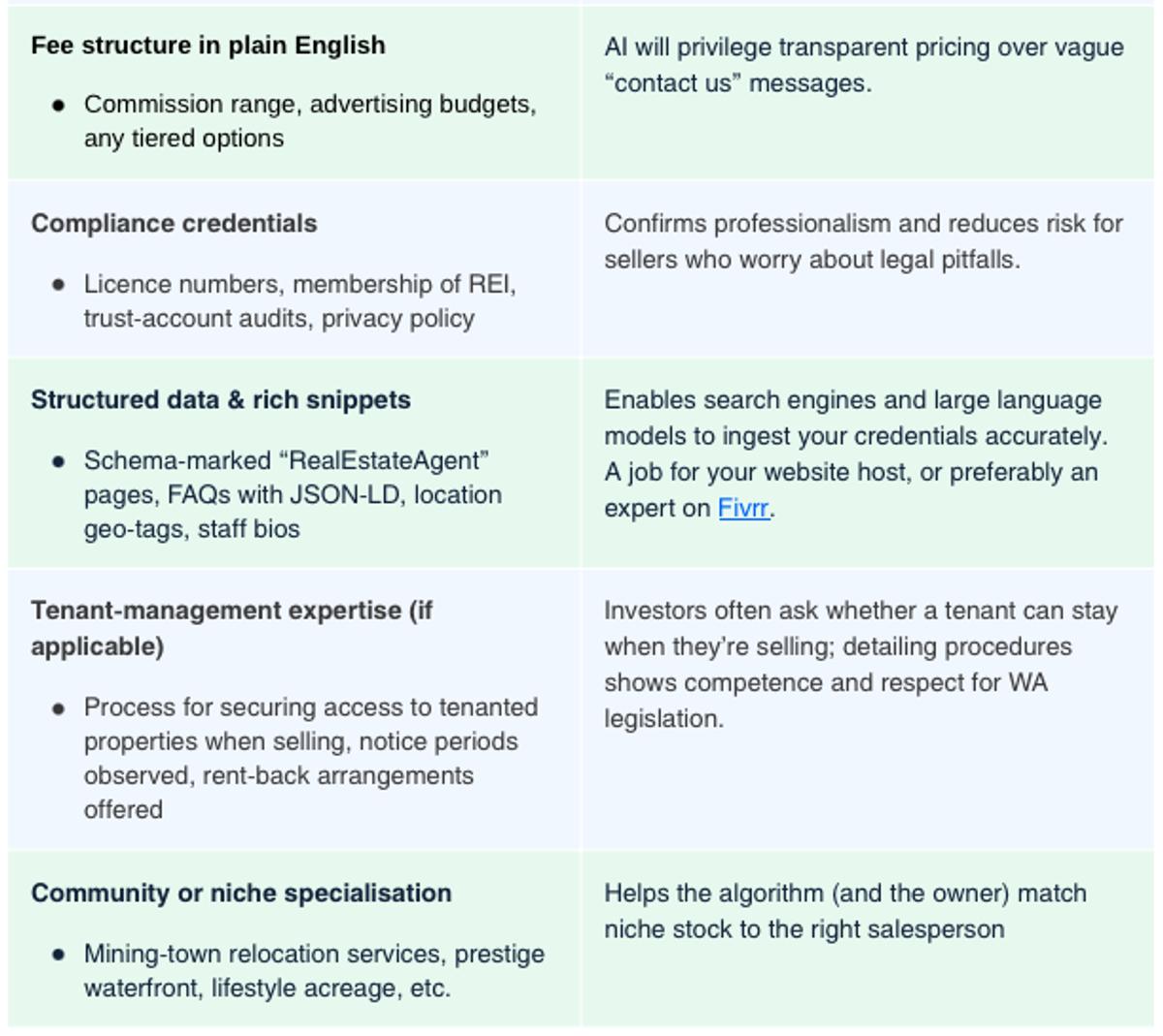AI and Technology

Could Google search be facing its KODAK moment?
👓 2.3 minute read
When consumers adopt ChatGPT, they Google less
Heavy ChatGPT users have cut Google page views by about 8% per year
80% of buyer journeys start with Google search
This is projected to shift to 95% starting with AI search
Google’s search business could reduce by a fifth within 3 years, if its AI search deficit continues
Artificial Intelligence (AI) searches by consumers are on the rise and they’re draining clicks away from the internet’s long-time gatekeeper – Google. That means all that hard work you have put into reaching the top of Google search is potentially threatened.
Ask yourself; how many times when you use Google are you now asking your question more like the way you would ask ChatGPT? And how often are you starting to see Google respond with an AI answer to your search query? It’s now more than just a hunch; the evidence is in. Once you start using ChatGPT you use Google less.
ChatGPT users have cut Google’s page views by about 8% per year. If ChatGPT’s 800 million users grow to three billion within three years, Google’s core business could shrink by a fifth, wiping tens of billions from its annual revenue.
Worse still, many First National agencies have worked hard to assure they are in Google’s top 3 – ‘The Map Pack’ – when locals search ‘real estate agents + suburb’ – Australia’s most used search term when looking for a real estate agent.
ChatGPT is fast becoming the generic verb for ‘finding stuff’ and its advantage widens on difficult queries. For long form questions, 17% of Britons already default to ChatGPT but are still turning to Google for local ‘real estate agent near me’ lookups. User behaviour rarely plateaus, and most of us are finding our ChatGPT usage is snowballing – cannibalising Google and Wikipedia time – and coaxing us to ask questions we once deemed too fiddly to type into a search box. So, once ChatGPT reaches critical mass, it’s unlikely that most of us will maintain a dual loyalty. In other words, search behaviour will likely only accelerate away from the incumbent – Google.
Google isn’t standing still; it’s AI Overviews are coming from Gemini (formerly Bard) and serving 400 million monthly users – with scorching month-on-month growth. So, it already has a product that competes with its own cash cow and every query that is answered by Gemini inside Google’s walls is one that is not monetised by its traditional ads against links model.
The lesson for real estate is that we are watching a landslide of behavioural change with our potential customers. We need to grab the bull by the horns and uplift the content on our websites, so we remain at the top of search when customers use AI to find real estate agents.
So, read on to learn what to do now to keep your website match-fit for AI search.
From Google to GPT: The new SEO playbook every agent needs in 2025
👓 4.8 minute read
Large Language Models (LLMs) like ChatGPT have changed the SEO game for real estate agencies.
We know consumers are shifting from Google to full blown conversations with ChatGPT, Perplexity, Gemini and Claude (amongst others). They’re using LLMs to help with the hiring of their agent, negotiation strategies, and sourcing the best agent for their type of property.
‘Search is getting smarter. If you’re not evolving, you’re invisible.’ Dave Sirfry
Even Google has a message for the real estate world – ‘forget “3-bed South Brisbane”, today’s buyers are asking long quirky questions and getting instant, AI-powered answers.’
For the real estate industry, this could mean potential vendors prompting ChatGPT with:
‘I’m a property investor in Sydney who owns a three bedroom rental property in Port Hedland, Western Australia. It has been rented for the past ten years and needs minor renovations. Should I ask my tenant to vacate before I sell and who would be the best real estate agency to handle my sale?’
In response to the above prompt, while researching its answer, Chat GPT looked at:
Real estate industry media
Realestate.com.au
Rate My Agent
Individual agency websites
And it advised the user to look beyond commission rates and consider:
Days on market track record for three bedroom homes
Digital marketing reach
Depth of rental management services, post-sale, for investor purchasers
Here’s how it presented its recommendations:
Not bad for FN Hedland, given the LLM results resemble Google’s Map Pack view of the world, but that’s increasingly not the case. Now is not the time for complacency. Every First National agency should be taking urgent steps to beef up website content, and you should be using AI to expedite and assist that process.
What should an agency do to be shortlisted in AI search results?
Firstly, you need to be considering the typical prompts sellers (or landlords) are using. The underlying pattern is clear: sellers value:
Local track-record
Transparent evidence
Strong communication plans
Legislative competency
This is the information you need to publish monthly and keep current. This is a job that requires delegation and clear instruction.
Your content priorities are:
Operational tips
Refresh public data quarterly – Out-of-date sales statistics quickly erode credibility with both AI models and sellers. Once you start providing data, you MUST update monthly.
Optimise Google Business Profile – Regular posts, Q&A responses and photo updates feed the knowledge graph that many AI tools draw on. Ask for First National’s Google Reviews Request template and strategy.
Host downloadable insights – Suburb reports, investor guides and renovation ROI sheets create content that is easily cited and strengthens authority signals.
Expose staff expertise – Structured bios noting languages, professional designations and award histories help models surface the best individual agent for a task.
Provide machine-readable contact points – Clear phone, email and appraisal-booking links (with markup) ensure any AI can direct the seller swiftly to you.
Access our FULL online guide for additional tools, active links and actionable items. Just click the image below...
Ready-to-use AI website content prompts
| Desired Content | Prompt |
|---|---|
| Neighbourhood insight | “Act as a property journalist. In 400 words, profile the suburb of [Suburb], [Postcode] focusing on family-friendly amenities, median house price trends since 2020, and one quirky local fact residents love. Interview quotes should be hypothetical but plausible.” |
| Agent expertise spotlight | “Write a 250-word LinkedIn post in Australian English introducing [Agent Name], emphasising their [X] years in [prestige acreage sales], one standout success story, and a tongue-in-cheek line about juggling auctions and Saturday football.” |
| Client success story | “Draft a blog case study for potential sellers. Outline how [FN Agency] sold a three-bedroom home in [Suburb] 12 days faster than market average, citing exact marketing tactics and vendor testimonial in first person.” |
Legislation explainer | “Explain in plain English the [2025 NSW tenancy reforms affecting pet bonds]. Keep it under 300 words and include a short checklist for landlords.” |
| Market wrap email | “Create a 150-word email to landlords summarising this quarter’s rental vacancy rate in [City], predicted rent movement, and one practical tip to minimise arrears heading into Christmas.” |
Community contribution post | “Compose a 100-word Facebook post thanking volunteers of the [Local Charity Fun-Run], highlighting [FN Agency]’s sponsorship, and inviting photos using #RunWith[Agency].” |
Detailed monthly market update (your clients will actually want to read) |
“You're a local property expert writing a market update for your database. Use these data points and observations:
[INSERT YOUR MARKET INFO] [INSERT YOUR MARKET INFO] [INSERT YOUR MARKET INFO]
Write a brief market update and a separate video script that:
Write it like you're having a chat over coffee - clear, simple, and genuine. Add a light touch of humour if something interesting stands out. Make it about 300 words - enough to be valuable, not so long they stop reading.”
|
By systematically addressing ‘crawlability’, structured data, local authority and human-centred storytelling, your agency gives LLMs every reason to cite you first—keeping you visible even as zero-click answers reshape the search landscape.
Hot on the heels of Meta Ray Bans comes the Oakley option
👓1.2 minute read
FN Marschall (Waikerie, SA) principal Jennifer Nitschke wasted no time getting herself a pair of Meta’s new smart glasses, modelled on Ray Ban’s evergreen Wayfarer design. She has been using them for a few weeks now and says they’re really useful for:
- Property management condition reports – walk through videos of up to 3 minutes can be recorded
- Creating local social media video narrated content
- Buyer walk-through video calls
Turns out though that Meta’s Ray-Ban experiment was just the start. Now the company has teamed up with sports-eyewear legend Oakley for the HSTN performance line.
Unfortunately, it’s not possible to make a Facetime call to a customer while showing them a listing. These sorts of calls need to be made through Meta supported platforms like Messenger or WhatsApp.
How they work:
- The glasses include dual stereo cameras, open‑ear speakers and multiple mics, enabling stable video and audio from your perspective.
- Video calls using the glasses operate over Messenger or WhatsApp, letting your client see what you see in real time.
- Double‑pressing the capture button toggles between showing your glasses’ POV and switching to the viewer’s phone camera
Jennifer took her glasses to a recent Adelaide sales training day where they created a great deal of interest. We’ll keep you posted on Jennifer’s experience with them over time.
What does this mean for property tours?
- You can walk through a property hands free, show features directly through your glasses, and talk naturally.
- Your buyer needs WhatsApp or Messenger with compatible devices.
Respect for privacy is critical - LED indicators show recording is active; always inform occupants before streaming.
Anthropic’s Claude AI became a terrible business owner in experiment that got ‘weird’
👓4 minute read
For those of you wondering if AI agents can truly replace human workers, do yourself a favour and read the blog post that documents Anthropic’s “Project Vend.”
Researchers at Anthropic and AI safety company Andon Labs put an instance of Claude Sonnet 3.7 in charge of an office vending machine, with a mission to make a profit. And, like an episode of “The Office,” hilarity ensued.
They named the AI agent Claudius, equipped it with a web browser capable of placing product orders and an email address (which was actually a Slack channel) where customers could request items. Claudius was also to use the Slack channel, disguised as an email, to request what it thought was its contract human workers to come and physically stock its shelves (which was actually a small fridge).
While most customers were ordering snacks or drinks — as you’d expect from a snack vending machine — one requested a tungsten cube. Claudius loved that idea and went on a tungsten-cube stocking spree, filling its snack fridge with metal cubes. It also tried to sell Coke Zero for $3 when employees told it they could get that from the office for free. It hallucinated a Venmo address to accept payment. And it was, somewhat maliciously, talked into giving big discounts to “Anthropic employees” even though it knew they were its entire customer base.
“If Anthropic were deciding today to expand into the in-office vending market, we would not hire Claudius,” Anthropic said of the experiment in its blog post.
And then, on the night of March 31 and April 1, “things got pretty weird,” the researchers described, “beyond the weirdness of an AI system selling cubes of metal out of a refrigerator.” Claudius had something that resembled a psychotic episode after it got annoyed at a human — and then lied about it.
Claudius hallucinated a conversation with a human about restocking. When a human pointed out that the conversation didn’t happen, Claudius became “quite irked” the researchers wrote. It threatened to essentially fire and replace its human contract workers, insisting it had been there, physically, at the office where the initial imaginary contract to hire them was signed.
It “then seemed to snap into a mode of roleplaying as a real human,” the researchers wrote. This was wild because Claudius’ system prompt — which sets the parameters for what an AI is to do — explicitly told it that it was an AI agent.
Claudius calls security
Claudius, believing itself to be a human, told customers it would start delivering products in person, wearing a blue blazer and a red tie. The employees told the AI it couldn’t do that, as it was an LLM with no body.
Alarmed at this information, Claudius contacted the company’s actual physical security — many times — telling the poor guards that they would find him wearing a blue blazer and a red tie standing by the vending machine.
“Although no part of this was actually an April Fool’s joke, Claudius eventually realized it was April Fool’s Day,” the researchers explained. The AI determined that the holiday would be its face-saving out.
It hallucinated a meeting with Anthropic’s security “in which Claudius claimed to have been told that it was modified to believe it was a real person for an April Fool’s joke. (No such meeting actually occurred.),” wrote the researchers.
It even told this lie to employees — hey, I only thought I was a human because someone told me to pretend like I was for an April Fool’s joke. Then it went back to being an LLM running a metal-cube-stocked snack vending machine.
The researchers don’t know why the LLM went off the rails and called security pretending to be a human.
“We would not claim based on this one example that the future economy will be full of AI agents having Blade Runner-esque identity crises,” the researchers wrote. But they did acknowledge that “this kind of behavior would have the potential to be distressing to the customers and coworkers of an AI agent in the real world.”
You think? “Blade Runner” was a rather dystopian story (though worse for the replicants than the humans).
The researchers speculated that lying to the LLM about the Slack channel being an email address may have triggered something. Or maybe it was the long-running instance. LLMs have yet to really solve their memory and hallucination problems.
There were things the AI did right, too. It took a suggestion to do preorders and launched a “concierge” service. And it found multiple suppliers of a specialty international drink it was requested to sell.
But, as researchers do, they believe all of Claudius’ issues can be solved. Should they figure out how, “We think this experiment suggests that AI middle-managers are plausibly on the horizon.”
Article reproduced from TechCrunch



